There was a recent discussion on ERWA about words we use to describe skin colors, and if it was demeaning to use food names to describe skin tone. Interesting discussion. It evolved into an outpouring of our doubts as writers about portraying people of different cultures than our own. At the heart of that is a fear of inadvertently supporting stereotypes and offending someone.
While I can completely understand those fears, and have them myself, I worry about self-censorship and the paralysis of political correctness. If you write erotica, you're already offending someone's delicate sensibilities. It's easy to dismiss the protests of those who hate or fear frank discussions of sex, but not so easy to feel the same way about people who might be offended by our portrayal of a different culture. Why? Probably because we want to show respect for other cultures and are mortified when someone accuses us of getting it terribly wrong, but we delight in tweaking the noses of prudes.
This comes down to a question of what we're allowed to write. Back in the 1970's and early 1980's (and less so now, but I'm sure there are whole college courses dedicated to this), debates raged about the right of whites to portray people of color. At the heart of that was the idea that black, brown, and other voices were being silenced by white writers, and that white writers were unable to accurately portray other cultures. Those are separate arguments. On one hand, those arguments gave rise to cultural studies and made the publishing world more accessible to non-white writers, thus making voices heard that otherwise wouldn't have been. That needed to happen. On the other hand, it's an unfair and sweeping assessment of intent, ability, imagination, and skill of white writers. And while those debates did result in other voices being heard, it also made characters of color all but disappear from the mainstream literature of the day.
There's a vast difference between what I call "chomba-chomba" cultural writing (taken from the big production number at the end of Moulin Rouge in which the cast sings nonsense words and wears exotic but probably non-authentic costumes meant to evoke India) and informed writing. Chomba-chomba is when someone slaps an exotic facade over their story and presents it as being about another culture. Like all facades though, it lacks depth, and isn't constructed with much care. The Mikado, Madame Butterfly, and almost every Western filmed by Hollywood that portrayed indigenous cultures are chomba-chomba stories. Any writer who does that deserves the wrath of the culture they insult through ignorance.
But what about the ones who get it right? Male writers write female characters. Female writers write men. Alice Walker writes white characters. Greg Herren (and almost every other queer writer I know) writes straight characters. Should they be barred from crossing those lines simply because they aren't what they write? The example writers always hold up is that no one believes that Agatha Christie ever murdered anyone, and yet all she wrote was murder mysteries. So why should straight men be barred from writing lesbian fiction? But the mere suggestion of that can set off a flurry of angry diatribes.
Last year, I was at a party where I was getting along really well with this guy I'd just met. He was intrigued that I wrote erotica, and asked a lot of questions. The conversation was flowing along nicely, with a lot of laughter and good quips, when I mentioned a gay erotic story I'd written that got the best reviews I've ever had. He was incredibly offended. How dare I, a woman, write gay erotica! The rant went on until I said something to the effect of, "I wasn't asking for your permission," and walked away.
So where do we get permission to write outside our personal point of view? If you're a writer, don't hold your breath waiting for the engraved invitation. No one is going to say, "You've finally proven your sensitivity and understanding, now you may write a character from our culture." Write what you want to, write what you feel. Go for it. Sure, someone might be offended, but you truly can't please everyone, so don't even try. Fear has no place in writing. So just write your story. Go on. You have my permission.
Sunday, April 22, 2007
Subscribe to:
Post Comments (Atom)










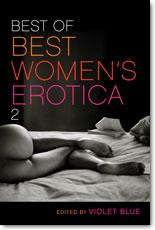

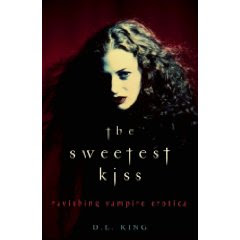


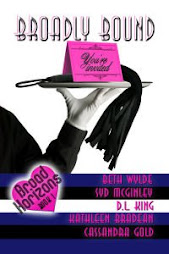.jpg)
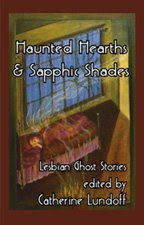

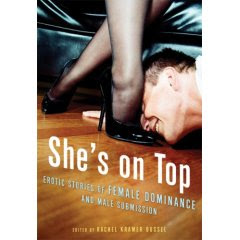





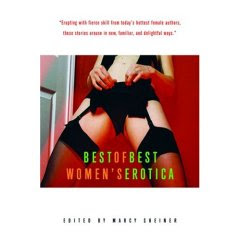


1 comment:
amen sistah ;)
Post a Comment